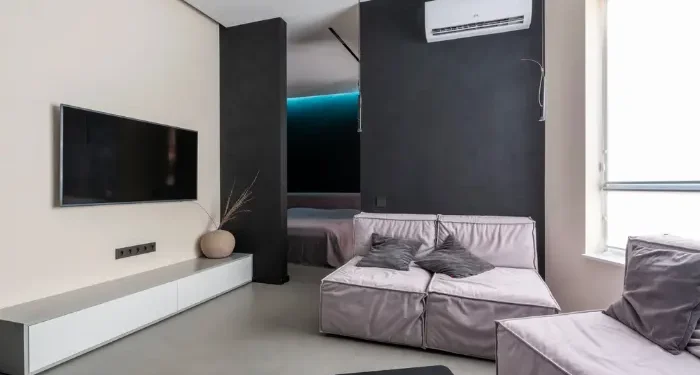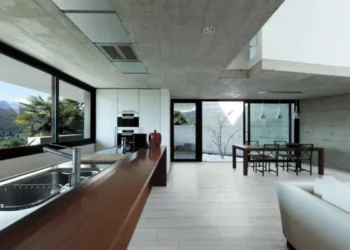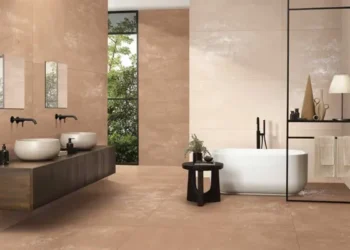When it comes to ductless mini split installation, there are pros and cons to consider. On the one hand, ductless mini splits offer many advantages over traditional heating and cooling systems. They are more efficient, they can save you money on your energy bills, and they are perfect for homes or businesses that do not have access to ductwork. However, ductless mini splits do have a few drawbacks.
Take a closer look at both the pros and cons of ductless mini split installation, so that you can make an informed decision about whether or not this type of system is right for you.
The Pros and Cons of Ductless Mini Split Installation
Pros:
One of the biggest advantages of ductless mini splits is that they are much more efficient than traditional heating and cooling systems. Ductless mini splits do not lose any heat or cool air through ductwork, which can account for up to 30% of energy loss in a traditional system. This means that you will see lower energy bills and fewer greenhouse gas emissions from your ductless mini split system.
Another advantage of ductless mini splits is that they are perfect for homes or businesses that do not have access to ductwork. If you are building a new home or office, or if you have an older home that does not have ductwork, ductless mini splits can be a great option. They are also a good choice for additions or renovations where adding ductwork would be difficult or prohibitively expensive.
Another advantage of ductless mini splits is that they offer greater flexibility in terms of installation. Ductless mini splits can be installed in a wide variety of locations, including on walls, ceilings, floors, or even in crawl spaces. This makes them ideal for homes or businesses that do not have access to ductwork.
Cons:
One of the drawbacks of ductless mini splits is that they can be more expensive to install than traditional heating and cooling systems. This is because ductless mini split systems require a professional installer and special equipment. Additionally, ductless mini splits typically have a higher initial cost than traditional systems.
Another drawback of ductless mini splits is that they may not be as effective in very cold or very hot climates. In very cold climates, ductless mini splits may not be able to generate enough heat to keep your home or business warm. In very hot climates, ductless mini splits may not be able to generate enough cool air to keep your home or business comfortable.
Finally, ductless mini splits can be noisy. The compressor in a ductless mini split system is typically located outside, and it can be noisy when it is running. If you are looking for a quiet heating and cooling system, ductless mini splits may not be the best option.
To learn more about ductless mini split installation or to schedule a consultation, do not hesitate to contact your local HVAC company. They would be happy to answer any questions you have and help you decide if ductless mini splits are right for you. Call the pros today to get free consultations and estimates!
Comment below your opinion about the article. Keep visiting Bloggie Land for more such interesting articles.








